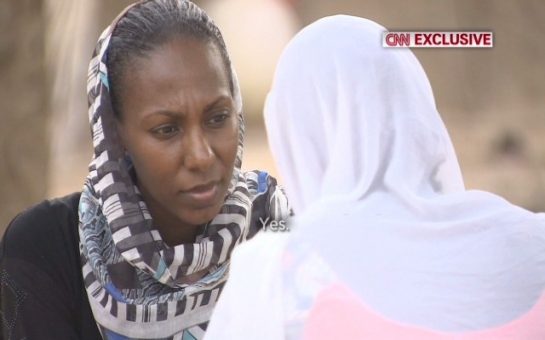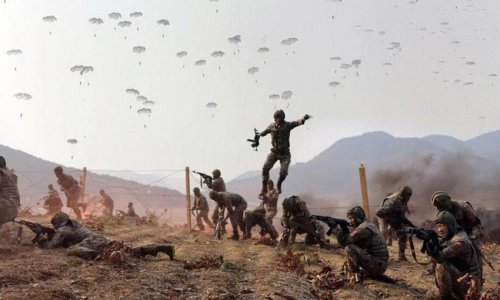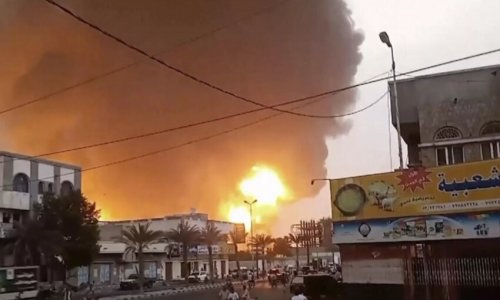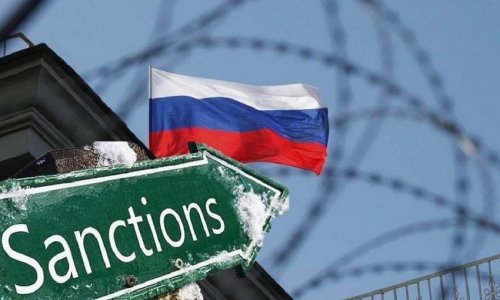But in most of Borno state, the heartland of the militant group Boko Haram, the desks are empty and the playing fields are quiet.Western education is a sin in the eyes of the terror group --- and nowhere has that message more clearly hit home than in their recent horrific attack on Chibok Girls Secondary School. Only the walls of the classrooms, library and science laboratories remain: a charred shell of what was once, the pride of Chibok.But even more painful is the fact that more than 200 of the girls who took classes here are still missing, kidnapped from the school during that night of terror.Daniel Muvia, a resident of Chibok who witnessed the attack on his village, says he is too scared to take his daughters to school. Since the attack he's kept them at home, where he felt they would be safer."I am scared of sending them to school," he says. "I'm not feeling good that they're at home and I'm not feeling good to send them to school because of the attacks."Muvia's dilemma mirrors that of almost every parent in Chibok: torn between education for their child and their family's safety.On the way to Chibok from Abuja, the country's capital, travelers meet one police or military checkpoint after another. But join the main rough dirt road to Chibok and the government security presence seems to taper off.It all leaves local residents feeling vulnerable and afraid. Muvia couldn't forgive himself if he sent his daughter to school and then heard that something had happened to her. "No one can afford losing their daughter," he says.In an article on his website "Education for All" Gordon Brown, the U.N. Special Envoy for Global Education, says 10.5 million children in Nigeria are yet to go to school and that the high levels of illiteracy are now an economic problem, as well as a social disaster, for the country. Map: Nima Elbagir's route to ChibokMap: Nima Elbagir's route to ChibokAnalysts say that if the Boko Haram attacks on schools continue unabated then those levels of illiteracy will significantly increase, further compromising the future of the country's young people.CNN interviewed one of the girls who managed to escape from Boko Haram on the night they were taken from their dormitory. Though she hopes to go back to school soon so she can fulfil her dream of becoming a doctor, she's still very scared. "If in Chibok, I'll never go again," she says.But like many families in the area her family is too poor to send her to a boarding school far away from the village. All the people in Chibok seem to have left is hope. Muvia prays a day will come when his daughters will be free to pursue their futures and become lawyers, doctors or engineers."When I see all these people doing their jobs, I have the desire -- or the hope -- that I want my children to be like them," he says."I have very high hopes for them."(CNN)Bakudaily.az
Fear and school: How Boko Haram cripples children's future
World
23:00 | 15.05.2014

Fear and school: How Boko Haram cripples children's future
It's the beginning of the second semester in public schools across Nigeria and students are flocking back after the vacation.
Follow us !










